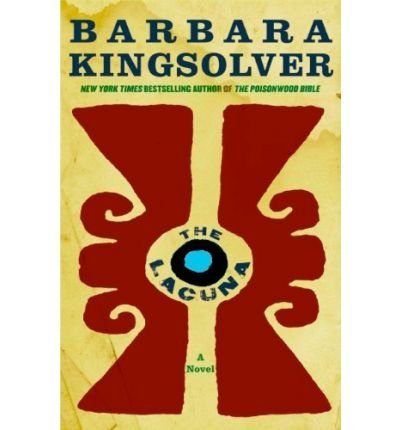The Lacuna
Who was Harrison Shepherd? If we are to believe his journals, preserved for posterity by his loyal stenographer, he was a bestselling novelist of the mid-20th century, ruined by the Red Scare. He is also an enigma, a man who wrote his life story as he lived it, but left out some of the most important parts.
Raised in Mexico, Shepherd mingles with some of the great figures of the era, working first as a plasterer and later as a cook for Diego Rivera and Frida Kahlo. This association allows him to observe their lives, relationships, and activities from an interested distance. He becomes Frida’s confidant, and, to an extent, her conscience. When Trotsky arrives in Mexico, seeking asylum, Shepherd’s trusted position in the Rivera household grants him acceptance into his inner circle. These friendships not only give Shepherd some of his most exciting and enduring experiences, but they affect his future in unanticipated ways. Being a novelist with ties to known Communists in 1950s America isn’t looked upon kindly.
A lacuna is a missing piece, and Kingsolver’s latest combines several narrative formats (journal, letters, newspaper articles, and even a recipe or two) into the story of a man haunted by the things he cannot say and the secrets he forces underground. There’s also a literal “missing piece” of Shepherd’s journals—a lost journal from a brief period where he attended school in the United Statesand carried on a formative relationship with a fellow student. Harrison Shepherd doesn’t invite the reader in easily—we must dive below the surface to realize who he is and what he means. And like the divers who risk their lives to explore the underwater caverns in this novel, we see things that are unexpectedly beautiful. Kingsolver has invented an enduring character who reminds us of the pain that results when we hide the truth about ourselves.










